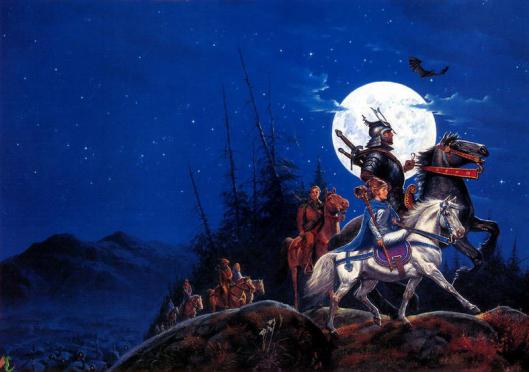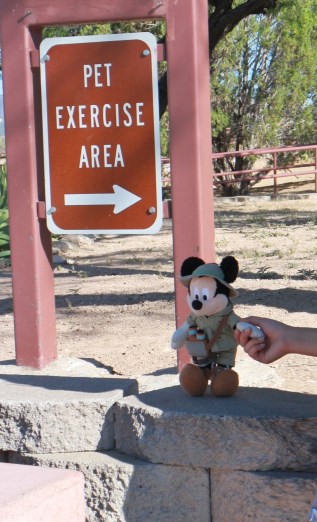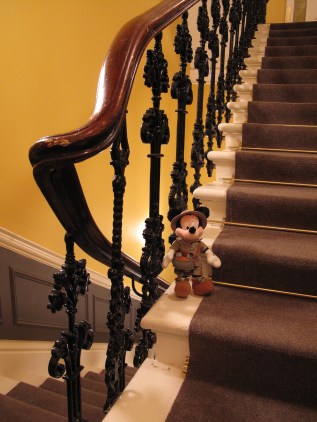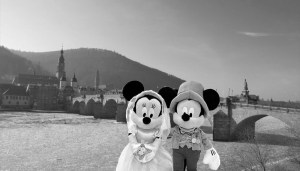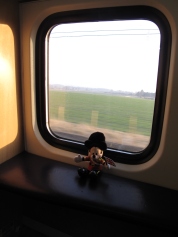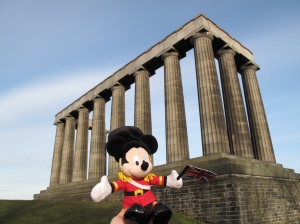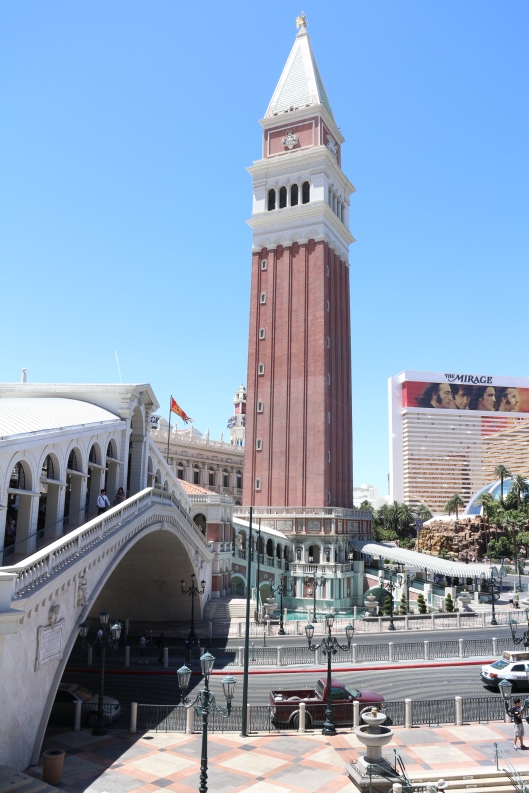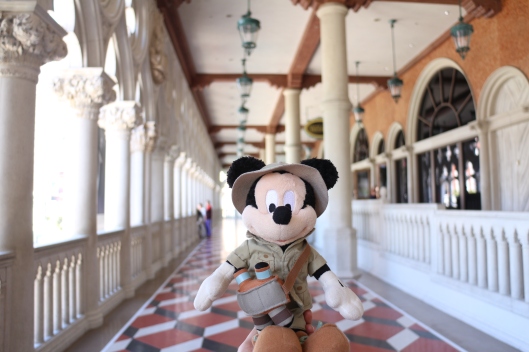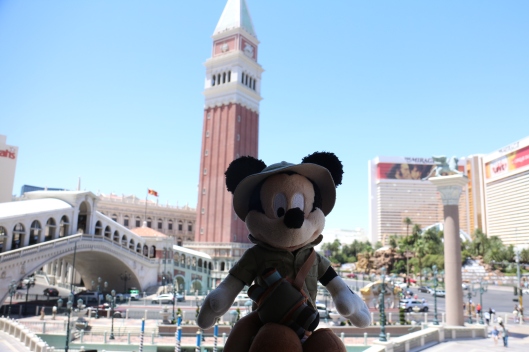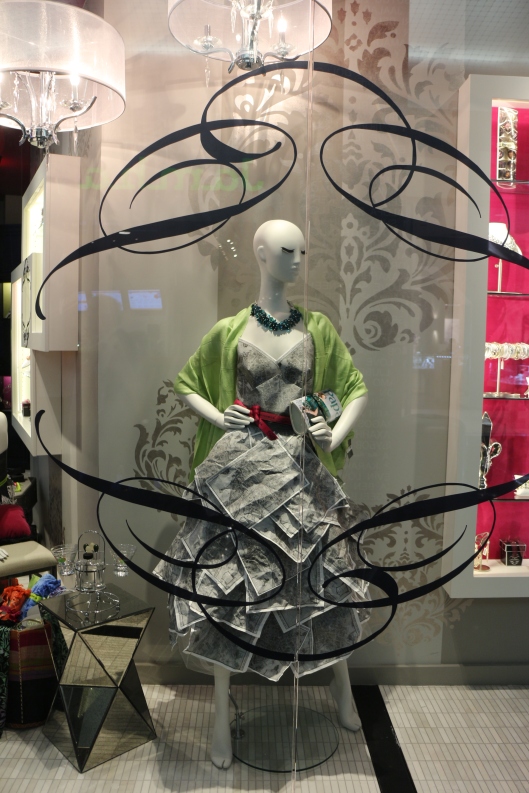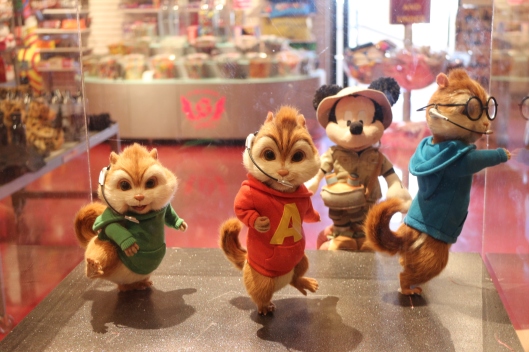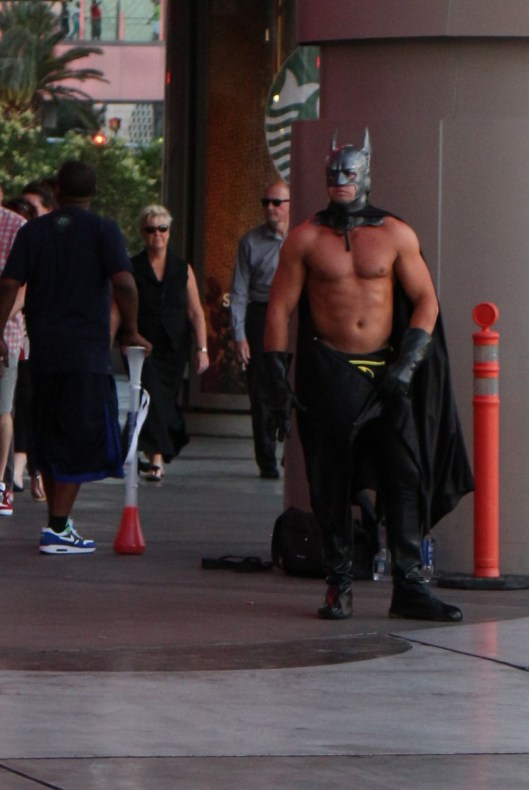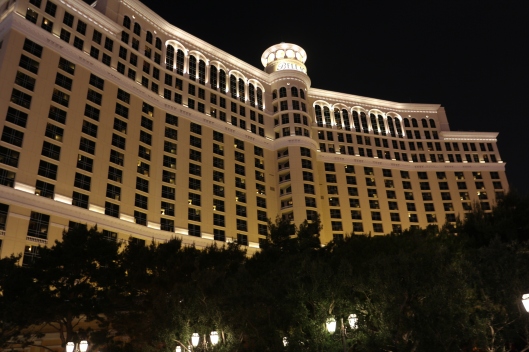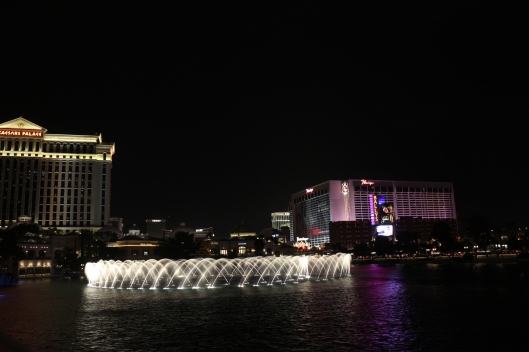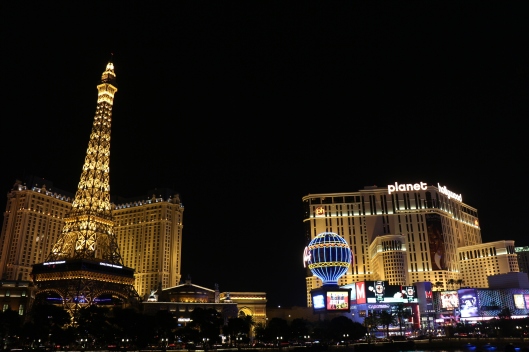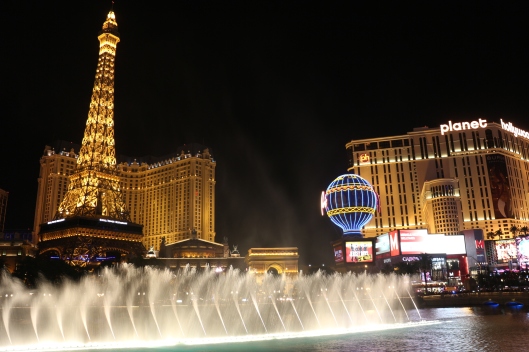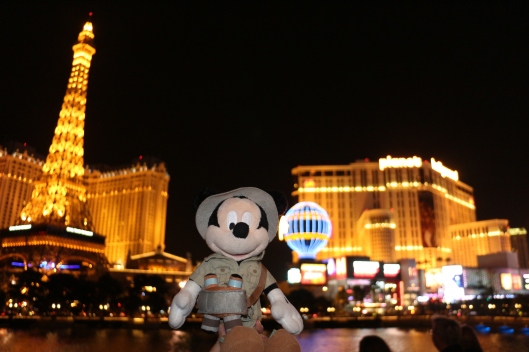Tags
A Memory of Light, Aiel, Asmodean, Book review, Brandon Sanderson, childhood favorites, Daughter of the Nine Moons, Egwene al'Vere, Elayne Trakand, epic fantasy, Galad Damodred, Gawyn Trakand, Graendal, Lan Mandragoran, Matrim Cauthon, Mazrim Taim, Moiraine Demodred Aes Sedai, Nynave al'Meara, Perrin Aybara, Prince of the Ravens, Rand al'Thor, Robert Jordan, Seachan, Tar Valon, The Black Tower, The Dark One, The Dragon Reborn, The Eye of the World, The Fires of Heaven, The Great Hunt, The Shadow Rising, The Wheel of Time, The White Tower, Thom Merrilin, Tor Fantasy, Tuon
For half of my life to date, I have been following the development of an epic fantasy series called “The Wheel of Time” created by Robert Jordan and completed by Brandon Sanderson after Jordan’s death. To put it another way, I became entangled in it in the Year of the Horse and here is the Year of the Horse again, and I have finally finished reading the last installment, A Memory of Light. Undeniably, it has been a significant presence in my life. I want to take some time to commemorate this significant occasion.
Book 14 was the culmination of all the pressure building toward the Last Battle steadily–one might say slowwwly–since the first volume. The Last Battle itself took place over more than a hundred pages, accompanied by deaths and other denouements. It was somewhat satisfying. But then, I wanted to be satisfied. Although the writing was often under-edited, as though the author hadn’t had time to revise an early draft, I wanted to embrace the ending as I felt so deeply for the characters. I too labored for the fulfillment of their destinies every time I opened a book in the series. The people are not as vivid on the pages Sanderson filled as in my imagination, in my heart. I have been feeling with assurance that I know the characters better than their step-author does. I see passages a little off kilter and know that’s not what really happened in the details: Mat would not think that, Rand would not smile there. As long as I can color in for myself their triumphs and sorrows the way they’ve been known to me over the years, I do not mind Sanderson’s strained attempt. He is merely making an inaccurate account of the people I love. From his approximation, I can reach the truth.
Yes, I am inordinately fond of these characters. I have lived alongside them since I was a child. My first memory of the experience is an adrenaline rush from reading the trolloc attack on the Two Rivers and the group’s flight in the night five chapters into the first book. Tension sprang from the clash between the innocence of the Two Rivers youths, the sophistication of the strangers Moiraine and Lan, and the sinister violence of the attackers. It was chilled twilight along the road Rand traveled with his father to and from the village and chilled twilight where I sat reading breathlessly under one yellow lamp. Their blue-gray afternoon merged with mine, like two lens filters fitting in seamless overlay. It was a feeling of vertigo, of being suctioned from my world into theirs and falling in love with magic. I have never been the same since.
The books may have lost their appropriate attachment to the characters through loose plotting, but I have not. My memory still carries the most beautiful and promising things from the very beginning, and these are what enable me to imagine the true fulfillment of their destinies in the world behind printed words. I remember when Rand was a country boy tumbling into the royal garden and meeting Elayne, the red-haired princess, for the first time. I remember when Mat began babbling in the Old Tongue and directing battles from memories inherited from past lifetimes. I remember when Nynaeve finally accepted her extraordinary Healing abilities and joined the White Tower, when Egwene escaped the Seachan collar and vowed never to be enslaved again, when incredible events converged at Falme to announce the Dragon Reborn. Now, at the end, I am so proud of them for what they have done and endured.
The first three books were truly special. The Eye of the World, The Great Hunt, The Dragon Reborn. They were so exciting, they are still some of the best I’ve ever read–and I’m an extremely picky reader. There was something wonderful about these people and their world–a sense of adventure and discovery, the scintillation of peril and power–a space of infinite possibility. Back then the mystically cryptic, mystically powerful Aes Sedai–“servants of all”–were worthy of awe, before the disillusionment in later books that turned them into irritating shrews. Those were the times when uncommon challenges shaped village boys into masters of the blade and leaders of nations. Just look at the cover of the first book, The Eye of the World. All the best elements of epic fantasy are illustrated in this picture. I would read these three books over and over again.
Starting with the fourth book, The Shadow Rising, plot devices for good battling evil began to dry up. Come on. Since the Forsaken just keep getting reborn in different bodies and different names, why doesn’t the Shadow win already? They seem to have limitless resources and cunning. It’s the same question for all the fantasy villains. If they’re so terrorizingly powerful, why in the world do Sauron and Voldemort not just win?
And why does Rand always contrive to gain a small victory at the end of every book, with the regularity of Sailor Moon vanquishing minions in Japanese anime, that furthers the plot no more than his sleeping in his bed does? A perfunctory victory for the good side is not enough. It should be logical or clever. Then, in the one resolution that could have been exciting, it sabotages itself. I refer to the episode with Graendal. First, it seems Rand has tricked Graendal into thinking Graendal fooled him. He destroys her castle, believing she’s in it. Then Graendal turns out to be alive. She’s fooled Rand after all with a last-minute escape. Great! Finally a villain worth fighting! It’ll be even more exciting since she’s smugly in the shadows, and the heroes won’t be expecting her. Looking forward to deeper intrigues and a possible showdown in the next installment? Wrong. Moridin, a minion at a slightly higher level, shows up and obliterates her for taking too long to accomplish her devious plans. What an anti-climax. But don’t worry, in the next book, she’s immediately raised back from the dead by the Dark One. I wonder why Asmodean was never raised to life again. He had potential as a character, especially when he managed to sneak away from captivity and could plot for evil again. But no, he was mysteriously, quietly gotten rid of FOR NO PURPOSE. It’s hard to care about what happens to people when nothing they do has meaningful consequences.
Robert Jordan also rambled too much, beginning with Book 5, The Fires of Heaven. He started making the reader spend time with the characters instead of getting on with the story. Agonizing minute by agonizing minute. He was probably trying to keep the timeline straight for the large cast, making note of what someone is doing in relation to everyone else, but he should not have tried to conform the narrative to real time. There were countless paragraphs wasted on drinking tea, smoothing skirts, arranging hair, pursing lips, nursing grudges. I understand that the characters were frustrated, but a sentence would have sufficed to apprise us of the situation, telegram-style: NOTHING NEW FOR EGWENE IN THE TOWER. STOP. NOTHING NEW FOR MAT EITHER. FULL STOP.
Not another chapter, please, on the same futility. Surely a writer can convey the frustration of a character at the slow passing of time without subjecting the reader to the same boredom. He abandoned any attempt at pacing. Soon it wasn’t even like he was trying to remind the reader of things, but reminding himself, by running through a list of the key facts about a character with new information tacked on every time someone showed up, even when it was in the same book. He forgot his job to narrate and turned to cataloging instead.
And what’s with all the detailed descriptions for minor, minor characters? Did he shuffle index cards of syllables for the odd names? I’ve tried sounding them out, and they just don’t work, no matter where you put the stress on the syllables. They are also never repeated, which is suspect. It’s more realistic to have Jane Austen, Jane Fairfield and Jane Bennett than Jane, Jene, and Jine. In contrast, the main characters’ names were ingenious. Nynaeve, for example, a strong woman who won the love of the last king of a long line of legendary warriors. Elayne, a red-haired future queen. Moiraine, a wise, ageless Aes Sedai. Egwene, stubborn maiden. For the men, short and simple, which is all the better for their elaborate destinies: Rand, Mat, Perrin, Thom, Lan. A touch of myth can be apt too for the ambitious: Gwayn, Galad, Logaine, Mazrim. Robert Jordan should have stopped at the hand-crafted, high-quality names instead of manufacturing permutations of syllables. Then there’s the apparel descriptions. Who cares what the innkeeper and his wife who feature in five paragraphs look like? Do readers notice the minute details of every passerby as they go through life? Why then should the characters take notice? The author is attempting to make the scenes more real, but makes them fake instead by resorting to formulaic descriptions of face and dress. Having a mental filter would ironically have been more realistic. The lesson here is that the way to flesh out a fantasy world is not to populate it with paper dolls of characters with oddly clipped names.
However, the later books were not without their moments, even though I had to look hard for them. I recall a handful in the later books that live up to the promise of the first three, and these make me glad that I followed the series to its end.
1. Rand’s epiphany on Dragonmount.
A major growth in his psychological approach that restored his humanity and made him ready to face the Last Battle. Better, in fact, than his long conversation with the Dark One in the Last Battle, with the possible exception of (1) the realization that he should not wipe the Dark One from the Pattern because then he would be robbing the world of character, making himself no better than the Dark One who would rob the world of goodness; and (2) the realization that the Dark One was not and had never been a worthy opponent. Surprisingly well-written, free from cliche, false sentiment, and bravado. Candid and moving.
2. Egwene’s stand against the Seachan in Tar Valon.
Certainly the most picturesque. Winged beasts slice the sky over the White Tower, while at a gaping hole in the stone wall countless windows above ground stands a young woman in billowing white, her hair undone. She sends fire against the enemies like a warrior and leads the resistance like a queen. She is the light in the amassing darkness.
3. Verrin’s confession and death.
So much respect for this woman’s difficult choices and courage. She carried out insane but brilliant ideas to fruition.
4. Rand’s defeat of the Aes Sedai kidnappers sent by Elaida.
Who doesn’t love a victory against the odds, bursting free of confinement. Serves the Aes Sedai right to be shown their place.
5. Mat’s courtship of Tuon, Daughter of the Nine Moons.
She despises him at first but is then constantly surprised by his good qualities. We know Mat is amazing, and it’s amusing to watch her learn that.
6. Androl and Pevara
Two new characters in the last book whose story line of growing mutual understanding and trust makes me wonder, where have they been all these books? I understand certain external conditions had to be met to make their story possible, and they in turn served as crucial agents in the last bits of the plot, but still! Too little, too late. They are worthy of a spin-off.
7. Practically any time the dice start rolling in Mat’s head.
I’m proud of myself too, for walking with these characters through the years. It was I, the reader, whose eyes cried their tears. It was my heart that performed their emotions. It has been a good journey, my beloved.
Perhaps now I’m ready to move on and commit to reading George R. R. Martin’s A Song of Ice and Fire.

